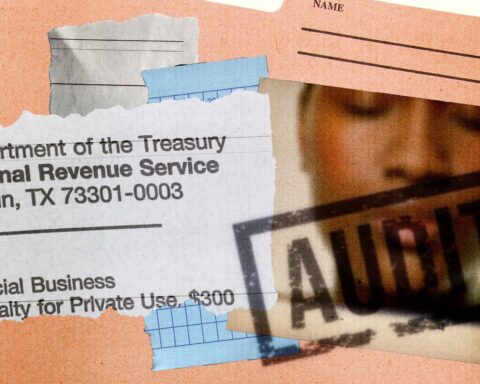By Jessica Washington
We have some bad news just in time for tax season this year. A new study published by the Stanford Institute for Economic Policy Research found that Black Americans are at least three times more likely to be audited by the Internal Revenue Service (IRS).
You’re probably wondering why the IRS is coming for Black people when we’ve seen plenty of rich white people committing financial crimes. According to this report, the answer lies with the IRS’s algorithms.
The authors, who hail from Stanford, the University of Michigan, and the University of Chicago, found that most of the disparities existed within audits of people receiving the Earned Income Tax Credit (EITC).
For those who don’t know, the EITC is a credit for low-to moderate-income workers. The report found that Black taxpayers made up 21 percent of EITC claims but were “the focus of 43 percent of EITC audits.”
What’s interesting about this finding is that it refutes the idea that the audit disparities were a direct result of Black people being more likely to get the EITC and therefore were more likely to show-up on the IRS’ radar. In fact, the study found that very little of the overall disparity had to do with rates of EITC usage among Black Americans.
The authors argue that the algorithms used to figure out which tax credit recipients to audit disproportionately target Black taxpayers. Moreover, the algorithm seems to do this at the expense of finding people who actually underreport their taxes.
The fact that IRS tends to target people who are easy to deal with rather than people who are the most likely to do anything shady with their taxes is a longstanding issue at the agency.
Consistent underfunding of the IRS means it’s a lot easier for them to go after someone who is low-income and qualifies for the EITC than it is to go after someone with a million lawyers hiding money in the Cayman Islands.
Targeting the rich for their tax-related shenanigans takes some major coins, and the IRS severely lacks the funds it would need to do that. Unfortunately, that means they’re more likely to knock on the doors of people just trying to get by.





